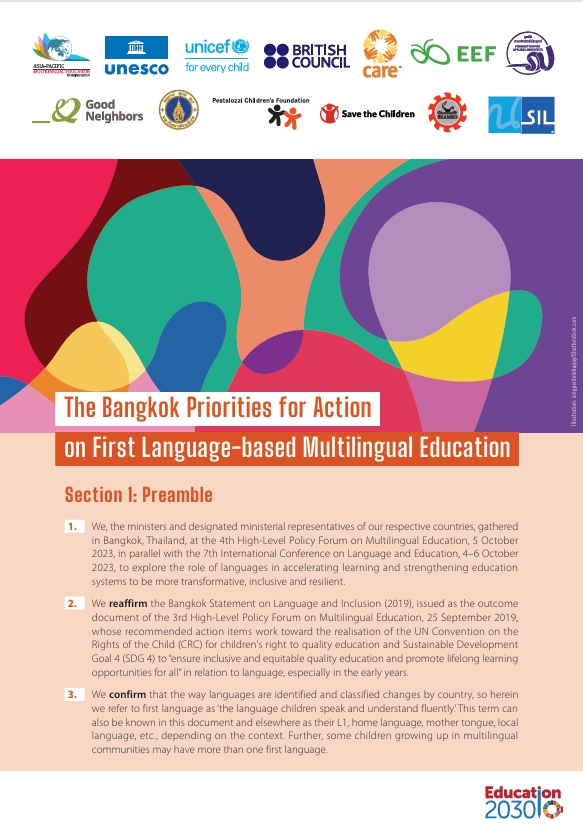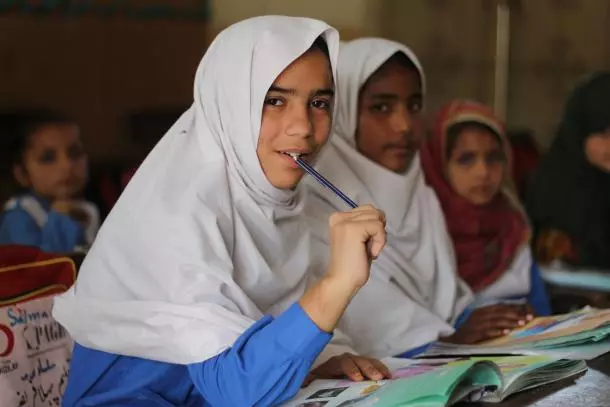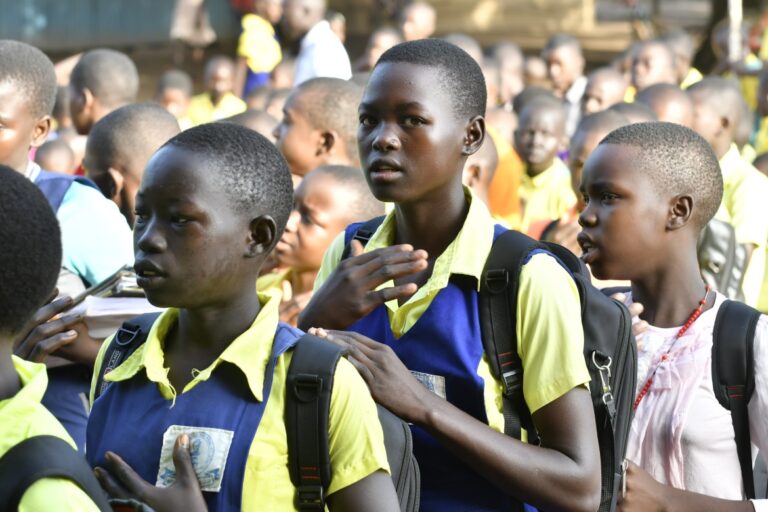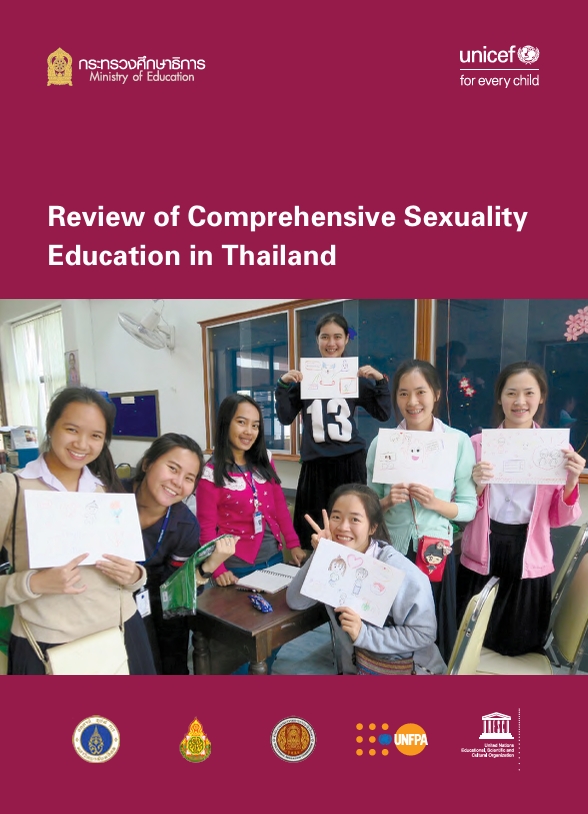Section 1: Preamble
Section 2: Priority Areas for Action on First Language-based Multilingual Education
We therefore prioritize action in the following areas, building upon the action plan contained in section 3 of the Bangkok Statement on Language and Inclusion (2019). We call upon our international, regional, and national communities—including government officials, representatives of United Nations agencies, development partners, civil society organizations, research communities, and members of youth, ethnolinguistic minority, and indigenous communities—to advance language-in-learning policies and transform education systems:
i. Highlighting Language-of-Instruction Issues:
Section 3: First language-based multilingual education as an accelerator of learning: The way forward
We will take these Priorities for Action as a framework for accelerating our national work to address the learning crisis, achieve SDG 4, and transform education systems to be more inclusive and resilient. We agree to advance these Priorities for Action, considering each country’s national priorities and unique challenges, and to monitor and report on our progress against this framework at future events.
We request that the Asia-Pacific Multilingual Education Working Group, co-chaired by the UNESCO Regional Office in Bangkok and the UNICEF East Asia and Pacific Regional Office, track progress on these Priorities for Action. This group will support countries in implementing the identified priority areas by monitoring progress, identifying and providing opportunities for learning and capacity development, promoting cross-border policy dialogue, exchange, and learning, and facilitating evidence collection and advocacy to help transform education systems with first language-based multilingual education.






